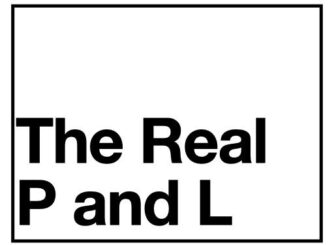The thought of internal vs external motivation has been top of mind since reading one of Morgan Housel’s latest pieces, Internal vs External Benchmarks. He opens the piece with the following quote, “There are two ways to measure how you’re doing: Against yourself and against others. Internal vs. external benchmarks.”
It’s hard not to compare yourself to others. We’ve all fallen victim to comparing ourselves to others and external benchmarks. Housel makes an excellent point that comparing yourself is tremendously reliant on perspective. If Jeff Bezos created a new company worth $100M, that wouldn’t move the needle for him, but to most, that is a life-changing experience. So what might not mean anything to one person, it could be a life-changing life for someone.
Housel’s overarching point is to put more weight on your internal benchmarks. We are setting ourselves up for failure if we build our self-worth by comparing ourselves to external benchmarks. We should be more concerned about comparing ourselves today to whoever we were yesterday, not others. My favorite part of his piece is the closing:
“I recently had dinner with a financial advisor who has a client that gets angry when hearing about portfolio returns or benchmarks. None of that matters to the client; All he cares about is whether he has enough money to keep traveling with his wife. That’s his sole benchmark.
‘Everyone else can stress out about outperforming each other,’ he says. ‘I just like Europe.’
Maybe he’s got it all figured out.”
How liberating is that thought? He knows how he wants to live his life and he’s doing it. He isn’t worried about comparing his net worth to someone else, he just wants to have enough money to travel.
It’s hard not to read Housel’s article and not to think about a quote of Ram Dass.
“When you go out into the woods, and you look at trees, you see all these different trees. And some of them are bent, and some of them are straight, and some of them are evergreens, and some of them are whatever. And you look at the tree and you allow it. You see why it is the way it is. You sort of understand that it didn’t get enough light, and so it turned that way. And you don’t get all emotional about it. You just allow it. You appreciate the tree.
The minute you get near humans, you lose all that. And you are constantly saying ‘You are too this, or I’m too this.’ That judgment mind comes in. And so I practice turning people into trees. Which means appreciating them just the way they are.”
I’m doing my best to couple both of these thoughts. By taking the idea of Ram Dass of viewing others just like you would view a tree, it should be easier not to compare yourself to others. Once we stop looking at others, we can better turn our attention and focus on ourselves.
To me, a cornerstone for building a fulfilled life is your own opinion of yourself. There should be full alignment with your actions and how you feel about them. As I’ve gotten closer to aligning who I want to be with who I am, I’ve felt like a fuller version of myself.
Peace and Love.
